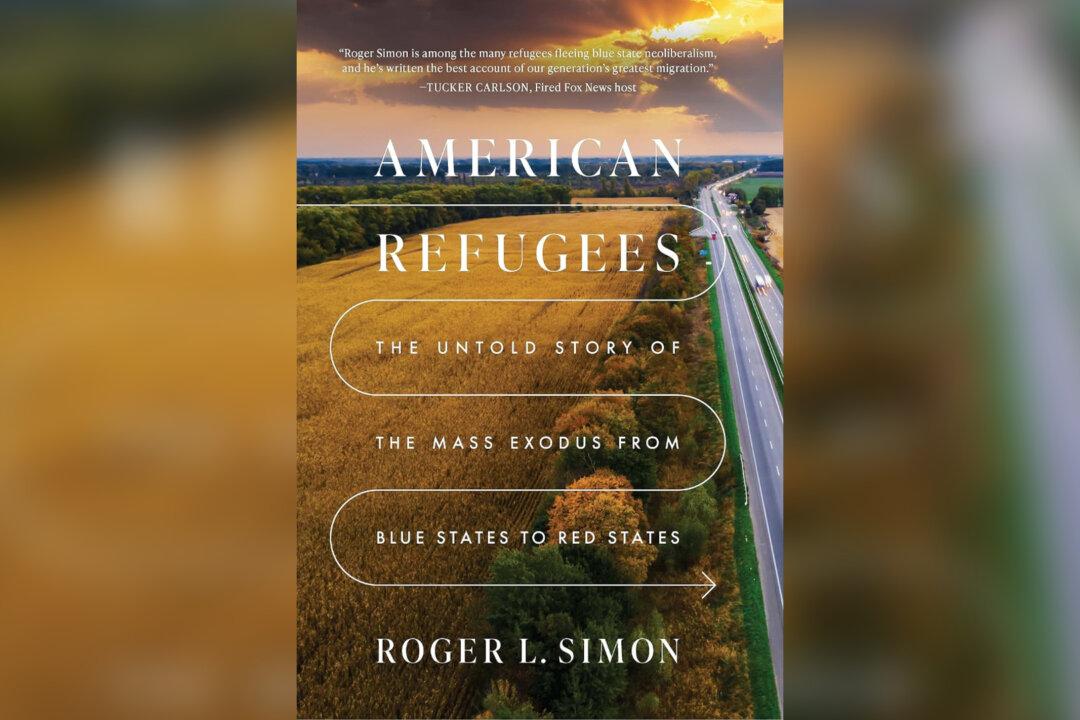On June 1, 2018, writer Roger Simon, his wife Sheryl Longin, also a writer, and their 20-year-old daughter found themselves on the road, moving cross-country from Los Angeles to Nashville. They were part of a stream of people leaving the Golden State, New York, and Illinois for destinations like Texas, Florida, and in the Simons’ case, Tennessee. Since then, that stream has become a river of refugees: individuals and families who, like the Simons, sought an escape from high taxes, tyrannical regulations, and extreme leftist politics.
To pull up stakes and exchange the familiar for the unknown isn’t an easy choice. As Mr. Simon, a contributor to The Epoch Times, writes of that first day of his own migration, “My family and I were less than three hours out of Los Angeles when I thought, What on God’s intermittently green earth am I doing?”






